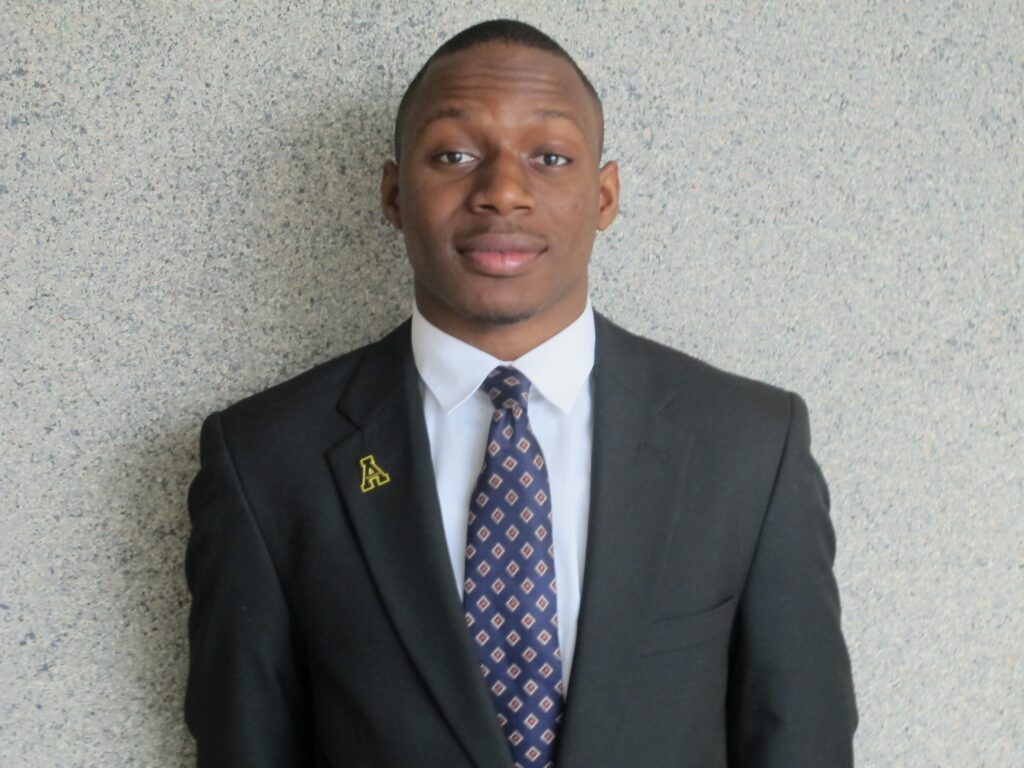May 20, 2022. The Daily Reflector. By Al-Amin Aminu.

Receiving a good education is more than performing well in school. Students need to be given the skills to be able to adapt to any environment or life destination. There needs to be more emphasis on analyzing, deciphering and utilizing the information learned effectively.
As a former teacher, we educators need to do a better job of ensuring students develop the skills they need to become critical thinkers. For example, Math 1 is a subject taught in high school that focuses on linear, exponential and quadratic functions and integrates the understanding of parallel and perpendicular lines, midpoint and distance. In my experience, students are taught the information and given a worksheet to practice in class or at home.
Math is a subject that a lot of students struggle with, especially in under-resourced schools. Despite the efforts of outstanding teachers, learning gaps in the subject prevent students from executing what is required of them as set by N.C. State Board of Education policy. Furthermore, there are applications on cell phones that solve math problems for students. These barriers contribute to students not learning the information and are a hindrance to good education.
Students could develop math projects that prove the principles of equations that they are learning rather than responding to a worksheet. Students can conduct safe experiments with different chemicals and their reactions with other elements, rather than being told about atoms. Interactivity helps with the learning process and further helps the process of applying information and immersing students in the learning experience rather than them being told about it.
Today’s age of learners needs more than being told about a subject to be interested in it. They need to be compelled by the topic to come up with discoveries that are beneficial to society. In the 21st century, students need skills such as creativity, self-motivation, critical thinking and problem-solving to handle the challenges in their future.
The didactic method of teaching robs students of trial and error and making connections, especially if the children have learning gaps in their knowledge base. The teacher provides the instruction and students are expected to receive the information and essentially memorize and regurgitate on an exam. Students should also be given some form of autonomy in their learning so that they can have a sense of self-motivation.
Active learning should especially be practiced in the fields of math and the sciences. Hands-on learning works well for the sciences since it is an abstract topic. This type of learning changes the role of the teacher from an information dispenser to a facilitator of knowledge. Through projects and interactive activities, students get to show what they learned and how it relates to the real world. Learning by doing could provide better results over time as students move through school and on to their careers.
Not everyone will end up as doctors, lawyers or engineers, and that is OK. Regardless of the occupation, everyone needs the ability to think and reason through scenarios. The educational system needs a revolutionary shift in providing more resources for students to be autonomous active learners in their education.
With the dynamic cultural shift in society, our educational system needs an upgrade to bolster adaptive learning. The fate of the future of these young blossoming innovators depends on those that have the power and direct influence on their education.
Al-Amin Aminu is a student in the ECU Brody School of Medicine and a 2021-22 NC Schweitzer Fellow. He is from Lagos, Nigeria.
